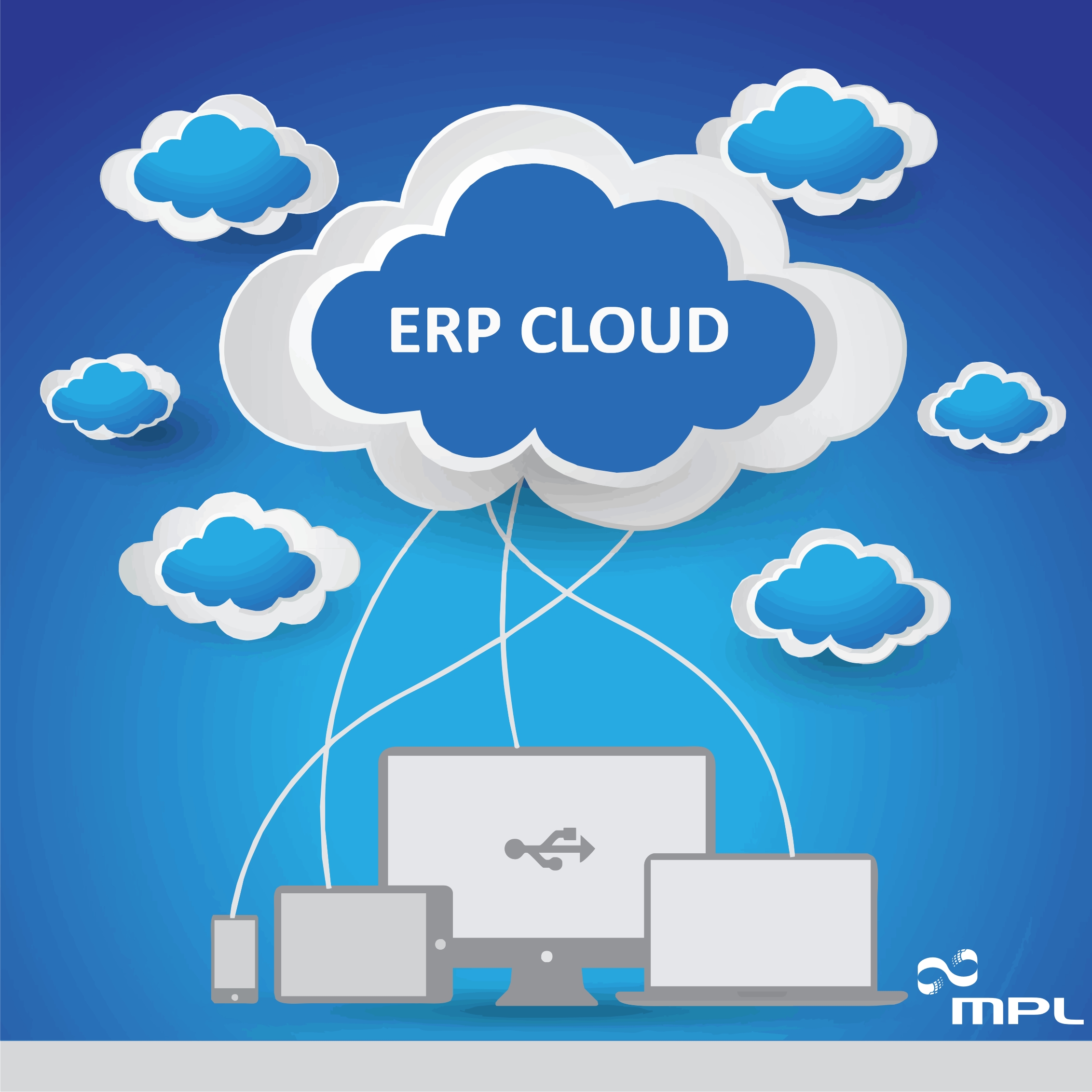
03 Nov ERP CLOUD – Advantages and Differences for On-premise.
Choosing an ERP.
It is a long way to make this choice, but understanding that each ERP has specific disadvantages/advantages for each case, leads to the best decision for your business processes.
Deciding which ERP best fits your processes is not so simple and is definitely much more than just choose a solution provider and implement. It is necessary to look at the market/competitors, suppliers and consultancy, in addition to the analysis of another thousand variables specific to your niche/process.
For the past three years, another aspect has also been considered: On-premise or Cloud? Cloud or On-premises?
To answer this question, it is necessary to analyze the advantages and disadvantages of each of these options.
On-premises.
- On-premise, uses the company's own or third-party infrastructure and servers;
- The costs of an On-premise implementation can be large depending on the needs and environment in which the ERP will be installed. Faced with this greater need for investment, its acquisition is characterized as capital investment (CAPEX);
- Allows for a higher level of customization. Although customizations represent higher costs for the company, they allow a greater adherence of the ERP to the specific business processes. The company pays more for the ERP, but gets a self-made ERP for its needs.
- The implementation time is also usually longer and always adds hidden internal and external costs that are not considered when comparing with the CLOUD.
Cloud.
- In this modality, for a fixed monthly or quarterly price, the application is made available over the internet by a single supplier, without the need for its own IT infrastructure;
- As it is not an investment, it is economically viable as an operating cost (OPEX);
- The user company focuses on the business while IT management is managed by the CLOUD solution provider;
- If there is a need for specific customization for the company's business processes, the costs involved can be large and more complex;
- The implementation time is generally shorter and this makes the CLOUD solution more interesting for growing companies and for applications where processes are standardized by the market. An on-premise implementation can take months, while a CLOUD solution takes weeks, sometimes days.
- It is possible that the life cycle of the system brings progressive expenses, depending on the project.
Technology constantly evolves. It optimizes business processes as a whole, mainly by adapting to market demands.
And now technology is taking a step forward, into the future. And when we look to the future, we see that it's not 100% on-premises. The potential market for CLOUD applications, not only for the reduction of costs involved, but for the simplification it makes possible, will certainly occupy a relevant part of the market ahead.


No Comments